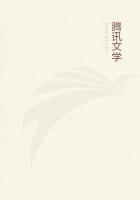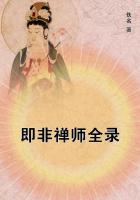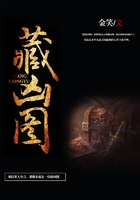The most telling refutation of this as of all other philosophical crotchets is practice -- namely, experiment and industry. If we are able to prove the correctness of our conception of a natural process by ****** it ourselves, bringing it into being out of its conditions and ****** it serve our own purposes into the bargain, then there is an end to the Kantian ungraspable "thing-in-itself". The chemical substances produced in the bodies of plants and animals remained just such "things-in-themselves" until organic chemistry began to produce them one after another, whereupon the "thing-in-itself" became a thing for us -- as, for instance, alizarin, the coloring matter of the madder, which we no longer trouble to grow in the madder roots in the field, but produce much more cheaply and simply from coal tar. For 300 years, the Copernican solar system was a hypothesis with 100, 1,000, 10,000 to 1 chances in its favor, but still always a hypothesis. But then Leverrier, by means of the data provided by this system, not only deduced the necessity of the existence of an unknown planet, but also calculated the position in the heavens which this planet must necessarily occupy, and when [Johann] Galle really found this planet [Neptune, discovered 1846, at Berlin Observatory], the Copernican system was proved. If, nevertheless, the neo-Kantians are attempting to resurrect the Kantian conception in Germany, and the agnostics that of Hume in England (where in fact it never became extinct), this is, in view of their theoretical and practical refutation accomplished long ago, scientifically a regression and practically merely a shamefaced way of surreptitiously accepting materialism, while denying it before the world.
But during this long period from Descarte to Hegel and from Hobbes to Feuerbach, these philosophers were by no means impelled, as they thought they were, solely by the force of pure reason. On the contrary, what really pushed them forward most was the powerful and ever more rapidly onrushing progress of natural science and industry. Among the materialists this was plain on the surface, but the idealist systems also filled themselves more and more with a materialist content and attempted pantheistically to reconcile the antithesis between mind and matter. Thus, ultimately, the Hegelian system represents merely a materialism idealistically turned upside down in method and content.
It is, therefore, comprehensible that Starcke in his characterization of Feuerbach first of all investigates the latter's position in regard to this fundamental question of the relation of thinking and being. After a short introduction, in which the views of the preceding philosophers, particularly since Kant, are described in unnecessarily ponderous philosophical language, and in which Hegel, by an all too formalistic adherence to certain passages of his works, gets far less his due, there follows a detailed description of the course of development of Feuerbach's "metaphysics" itself, as this course was successively reflected in those writings of this philosopher which have a bearing here. This description is industriously and lucidly elaborated; only, like the whole book, it is loaded with a ballast of philosophical phraseology by no means everywhere unavoidable, which is the more disturbing in its effect the less the author keeps to the manner of expression of one and the same school, or even of Feuerbach himself, and the more he interjects expressions of very different tendencies, especially of the tendencies now rampant and calling themselves philosophical.
The course of evolution of Feuerbach is that of a Hegelian -- a never quite orthodox Hegelian, it is true -- into a materialist; an evolution which at a definite stage necessitates a complete rupture with the idealist system of his predecessor. With irresistible force, Feuerbach is finally driven to the realization that the Hegelian premundane existence of the "absolute idea", the "pre-existence of the logical categories" before the world existed, is nothing more than the fantastic survival of the belief in the existence of an extra-mundane creator; that the material, sensuously perceptible world to which we ourselves belong is the only reality; and that our consciousness and thinking, however supra-sensuous they may seem, are the product of a material, bodily organ, the brain. Matter is not a product of mind, but mind itself is merely the highest product of matter.
This is, of course, pure materialism. But, having got so far, Feuerbach stops short. He cannot overcome the customary philosophical prejudice, prejudice not against the thing but against the name materialism. He says:
"To me materialism is the foundation of the edifice of human essence and knowledge; but to me it is not what it is to the physiologist, to the natural scientists in the narrower sense, for example, to Moleschott, and necessarily is from their standpoint and profession, namely, the edifice itself. Backwards I fully agree with the materialists; but not forwards."
Here, Feuerbach lumps together the materialism that is a general world outlook resting upon a definite conception of the relation between matter and mind, and the special form in which this world outlook was expressed at a definite historical stage -- namely, in the 18th century. More than that, he lumps it with the shallow, vulgarized form in which the materialism of the 18th century continues to exist today in the heads of naturalists and physicians, the form which was preached on their tours in the fifties by Buchner, Vogt, and Moleschott. But just as idealism underwent a series of stages of development, so also did materialism. With each epoch-****** discovery even in the sphere of natural science, it has to change its form; and after history was also subjected to materialistic treatment, a new avenue of development has opened here, too.

